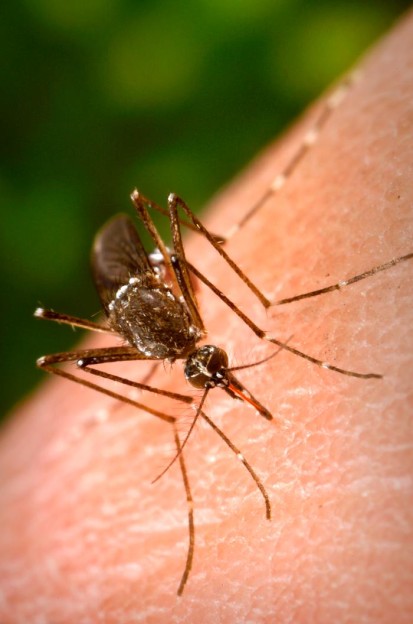NewsDesk @bactiman63
Singapore’s National Environment Agency (NEA) reports 23,267 total dengue fever cases through August 5, a dramatic increase compared to the 5,258 cases reported in all of 2021.

The NEA says the high Aedes aegypti mosquito population, together with circulation of the previously uncommon DENV-3, will likely lead to dengue case numbers remaining high in the coming months.
NEA is conducting intensified vector control operations at dengue cluster areas. Source eradication of mosquito breeding habitats and spraying of insecticide to control the adult mosquito population remain key to dengue prevention. NEA, together with the various agencies and other stakeholders represented in the Inter-Agency Dengue Task Force (IADTF), including Town Councils, have been checking and ridding our public areas and housing estates of potential mosquito breeding habitats.
The community must continue to take urgent actions to remove stagnant water from our environment and maintain good housekeeping, to deprive mosquitoes of potential breeding habitats.
Residents, especially those residing in dengue cluster areas, are urged to carry out the three protective actions against dengue: ‘Spray, Apply, Wear’ or ‘SAW’ in short:
1.Spray insecticide in dark corners around the house
2.Apply insect repellent regularly
3.Wear long-sleeve tops and long pants
NEA advises members of the public to use mosquito repellent regularly to protect themselves from getting mosquito bites, especially if they are living in dengue cluster areas. Repellents containing DEET (N,N-diethyl-m-toluamide), picaridin or IR3535 as the active ingredient, are the most effective in repelling mosquitoes.
Those showing symptoms suggestive of dengue should see a medical practitioner early, to be diagnosed and managed accordingly. Early diagnosis can facilitate better case management. Persons with dengue should apply mosquito repellent regularly, so that mosquitoes do not bite and pick up the virus from them before biting someone else, thus reducing dengue transmission. Symptoms suggestive of dengue include:
- Sudden onset of fever for two to seven days;
- Severe headache with retro-orbital (behind the eye) pain;
- Joint and muscle pain;
- Skin rashes;
- Nausea and vomiting;
- Bleeding from the nose or gums;
- Easy bruising of the skin.
- One in eight COVID-19 patients develop long COVID symptoms: Study
- New York: Polio virus detected in Rockland and Orange Counties wastewater
- Reunion: 4 diphtheria cases reported, local circulation suspected
- Monkeypox in the United States declared a Public Health Emergency
- Hong Kong reports increase in imported malaria cases
- Israel reports rare Naegleria fowleri death in an adult man
- Philippines: Dengue fever cases up 160% in Negros Oriental
- Swine flu case detected in West Virginia

